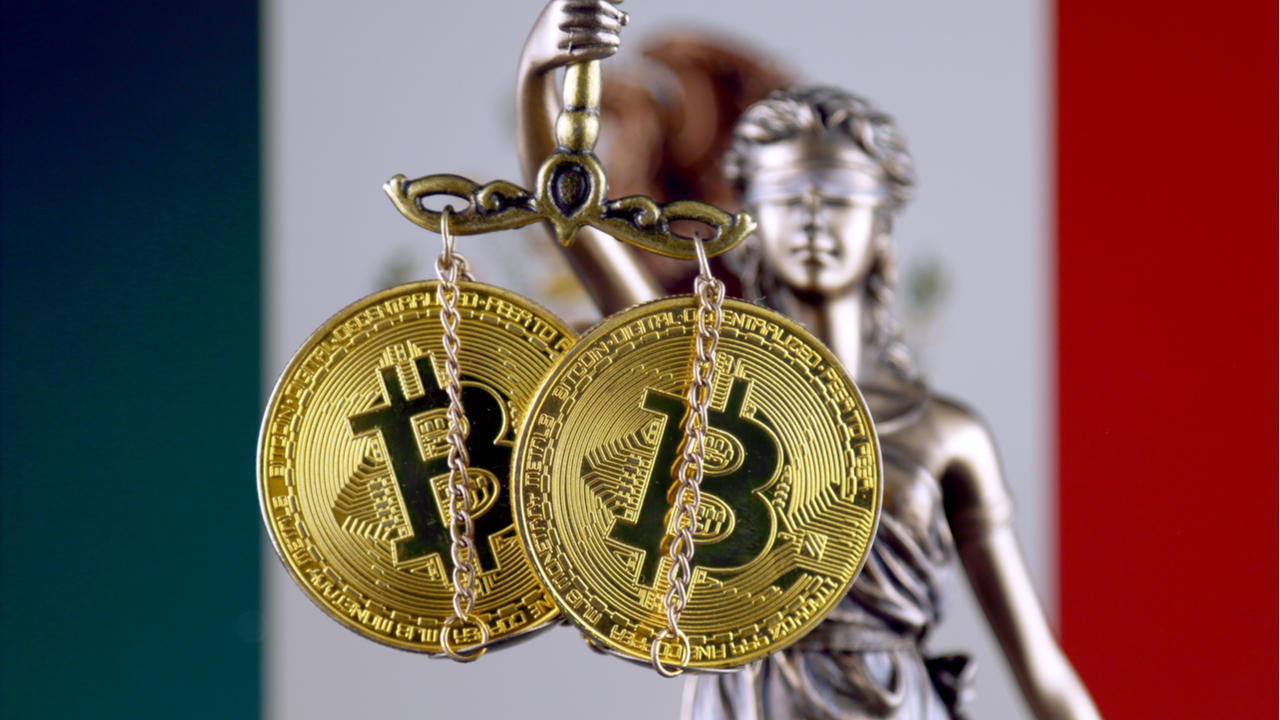
Santiago Nieto Castillo, leader of the UIF, the Mexican financial regulator, has issued an alert that 12 cryptocurrency exchanges are operating illegally in the country. The regulator is now producing the necessary data for Mexican authorities to act against these exchanges. The institution receives information from 23 registered cryptocurrency exchanges reporting users’ transactions.
Mexican Regulator on the Hunt for Unregulated Exchanges
The Financial Intelligence Unit (UIF), the Mexican financial regulator, issued an alert about 12 cryptocurrency exchanges that are operating illegally in the country. The names of these companies were not mentioned, and this means these exchanges are still not registered with the SAT, the country’s tax authority. Santiago Nieto Castillo, leader of the UIF, stated they are collecting data to execute actions against these companies.
The Mexican fintech law establishes that virtual asset service providers must report the activities of customers that transact more than 57,804 pesos, currently equivalent to $2,911. This policy began in April 2021. Nieto Castillo stated the UIF has received 3,400 alerts from the 23 cryptocurrency exchanges already registered with the regulator. In the country, cryptocurrency exchanges are qualified as a high-risk activity owing to money laundering and terrorism financing concerns.
Nieto Castillo hinted there could be a relation between these exchanges and criminal groups. He declared:
A fundamental issue will be to analyze cryptocurrencies and their relationship with criminal groups. It draws my attention that many of the cryptocurrency platforms are installed in various municipalities in the state of Jalisco (area dominated by the Jalisco Cartel).
Exchange Platforms Could Be Sanctioned
With the help of the registered exchanges, the UIF has already detected three probable money-laundering attempts using cryptocurrency. On the subject, Nieto Castillo stated that thanks to this oversight they have identified cases where the amounts transacted by some users don’t correspond to their transactional profiles.
These unregistered exchanges could be subject to sanctions applied by the Mexican government. These sanctions can include criminal charges as well as fines. According to national laws, the unregistered exchanges could pay between 29,000 pesos (almost $2K) to 295,400 pesos (almost $15K) for not being registered with the SAT.
To conclude, Nieto Castillo states it would be desirable if Mexican regulation established the CNBV — the national banking regulator — as the money laundering comptroller institution for these exchanges, because the institution has more experience managing this kind of risk.
Mexico has so far taken a tough stance on crypto, with its Finance Minister, Arturo Herrera, stating that cryptocurrencies were not allowed to be used in Mexico’s financial system on June 29.
What do you think about Mexican crypto-related anti-money laundering regulations? Tell us in the comments section below.
Comments
Post a Comment